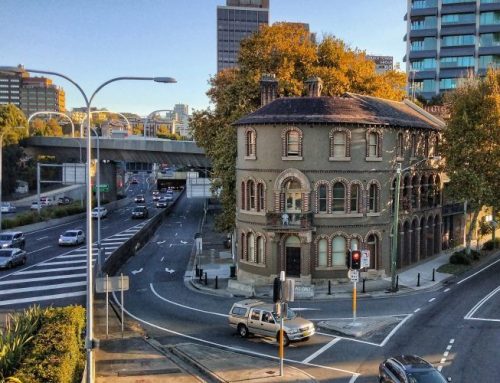The Department of Health published “The Red Book” on 30 January 2018. This document provides guidance to health care professionals on matters associated with appropriate business practices and inappropriate commercial relationships between “requesters” and “providers“.
According to the Department requesters can include persons who request pathology or diagnostic imaging services such as general practitioners, medical specialists, dental practitioners, podiatrists, physiotherapists, osteopaths, chiropractors and nurse practitioners. Providers are persons who provide pathology or diagnostic imaging services.
The Red Book clarifies best practice for providers and requesters who also enter into property sub lease arrangements. For example when a Pathology Approved Collection Centre (ACC) sub leases a portion of the medical centre premises. The Australian Medical Association (AMA) has suggested that that the compliance strategy being pursued by the Department of Health is particularly targeted at co-located pathology collection centres with regard to their sub leasing arrangements.
Acceptable practice for providers and requesters examines the financial benefits pursuant to the commercial arrangements.
The Red Book states that the commercial arrangements between requesters and providers (including medical imaging providers) include the following types of transactions:
- Leases or sub leases to providers
- Selling to providers
- Buying from providers
- Distribution of shareholdings and dividends
- Employment by providers
- Payment for shared property, goods and services
In relation to subleases, The Red Book states that “The provider may pay rent to a requester (or someone other than the requester) if: The rent is not substantially different from the market value of the rent for the premises.”
In the above context “Market Value” has an ordinary common law meaning and “Not substantially different” from the market value means not more than 20 per cent variance from the market value.
The AMA states “that Department also makes it clear that it will focus on outlier rents for PACCs, assessing this in comparison to rents paid by other pathology providers for similar space”.
The Red Book states that “While the Act and the Regulations do not require requesters or providers to obtain a valuation to establish the market value of the rent for premises, or the market value of property, goods or services, obtaining an independent valuation from a qualified valuer can be helpful in ensuring that both parties understand whether a proposed arrangement complies with the prohibited practices provisions”.
A valuer engaged to determine “Market Value Rent” may incorporate a number of analysis methods and adjustments when considering a market value. The Red Book states that “In determining market value, it may be that some value could be attributed to the convenience of the location”.
From a business perspective engaging an appropriately qualified valuer to investigate, analyse and report their professional opinion can save the operator and health care professional time; assist them with compliance with the regulations as stipulated in the Red Book; and enable them to understand the market in which they conduct their business operations.
The Red Book offers the following example of how a valuer may be engaged to assist:
A pathology provider has an ACC in a general practice. It leases the space occupied by the ACC from the service company owned by the practice’s GP principals. It appears to the Department, based on data analysis and modelling, that the rent paid by the provider for those premises is an outlier rent.
To understand the reasons for this, the Department writes to both the service company and the provider requesting further information about the rent. (The service company is “connected” to a requester of pathology services as the GP principals are directors and members.)
The responses received from the service company and provider provide a clear explanation for the rent and are supported by an independent valuation that was obtained by the service company during lease negotiations.
The Department is satisfied by the responses and does not take any further action.
Edmonds Associates Valuers are members of the Australian Property Institute, we are qualified valuers and are able to assist health care professionals and operators on matters related to compliance with the Red Book requirements.
Edmonds Associates Valuers (EAV) have 40 years property and rental valuation experience for government, and private clients in general, specialised and litigation matters.
If you would like to know more about our valuation and advisory services please don’t hesitate to contact our team.
Nicole Adamson, Director, BBus(Acc/Fin), Grad Dip Prop AAPI
Nicole has over 10 years valuation experience which followed significant experience in forensic accounting and consulting. Nicole is an expert business valuer and Certified Practicing Valuer with the Australian Property Institute. Nicole has been engaged as an expert witness in litigation matters.
Philip Edmonds, Consulting Valuer, BEc(Hons), CPA, FAPI
Philip has over 40 years’ experience as a property and business valuer. He is a Certified Practicing Accountant and a Fellow of the Australian Property Institute. Philip is the founder of the business and continues to consult to EAV.
Iouri Tcherkas, Valuer, Dip. Build, B. Prop Val, BA, MPA/MCom(Finance)
Prior to working as a valuer Iouri was a Practice Manager of a General Medical Practice in Sydney where he undertook management duties including The Royal Australian College General practice accreditation. Iouri is undertaking further postgraduate studies in Town Planning and is the Chairman of the Australian Property Institute South Side Valuers Group in Sydney.












